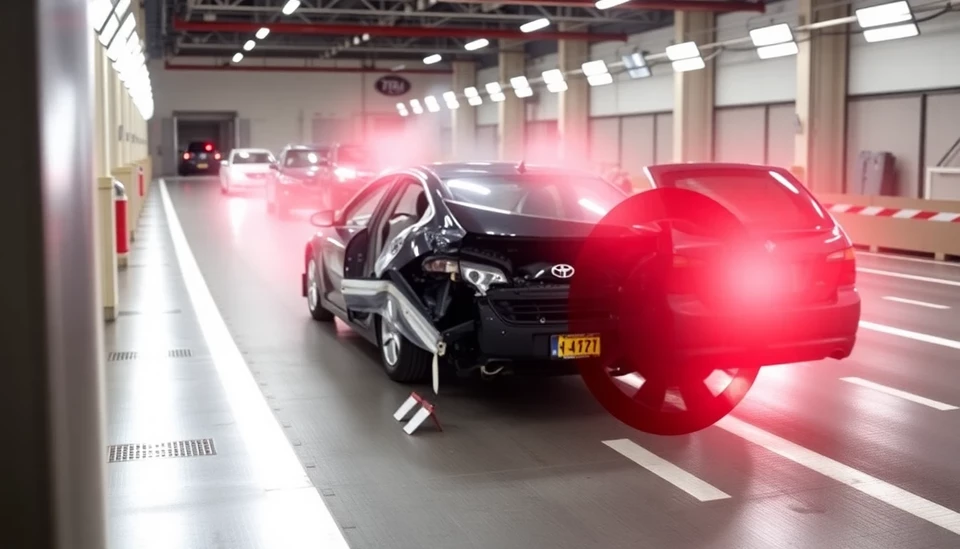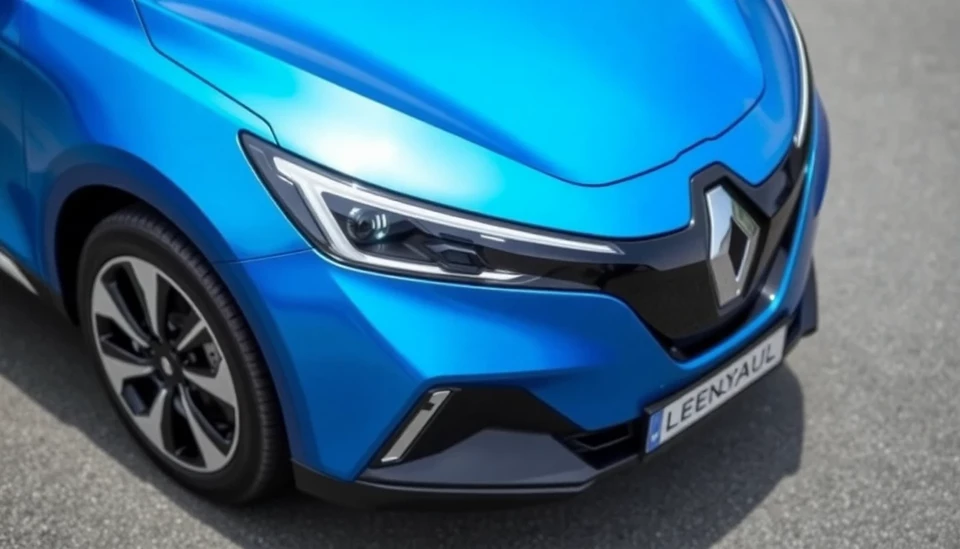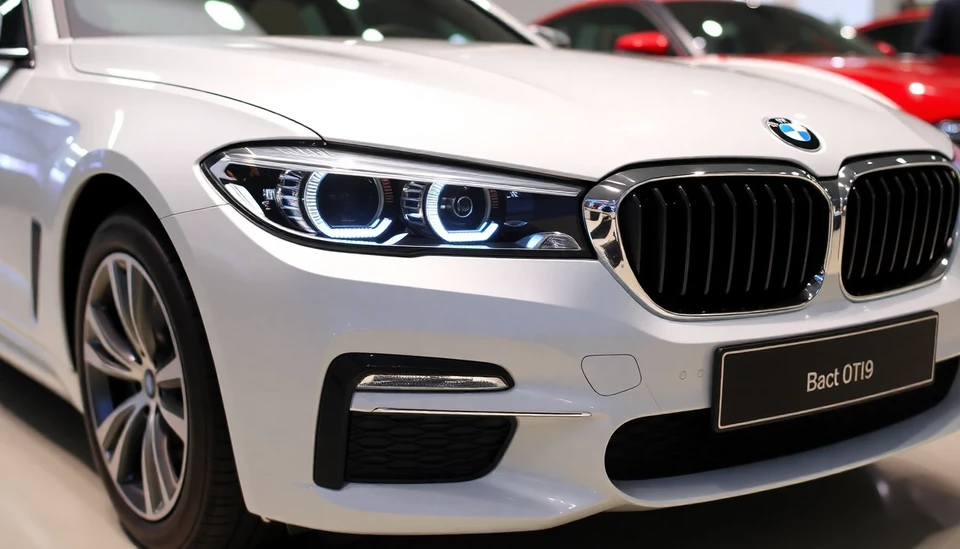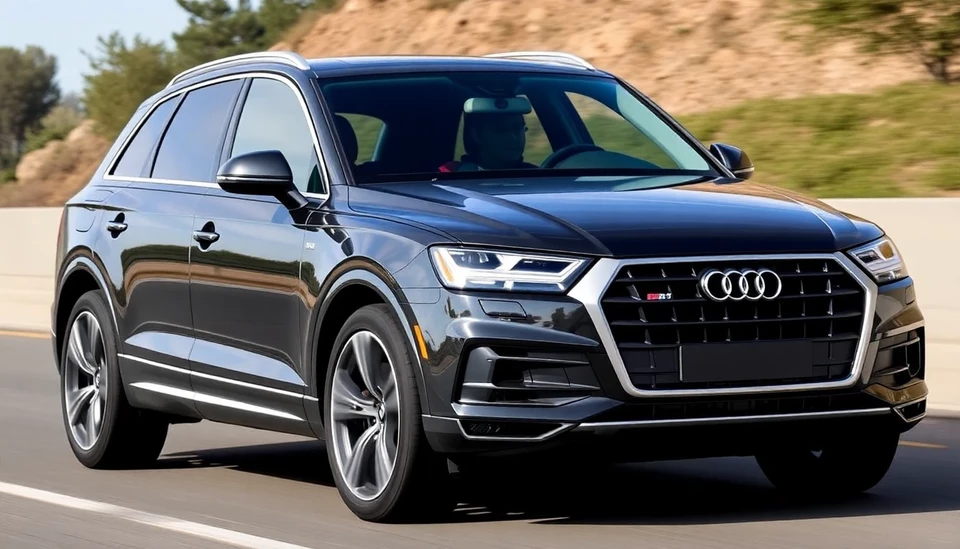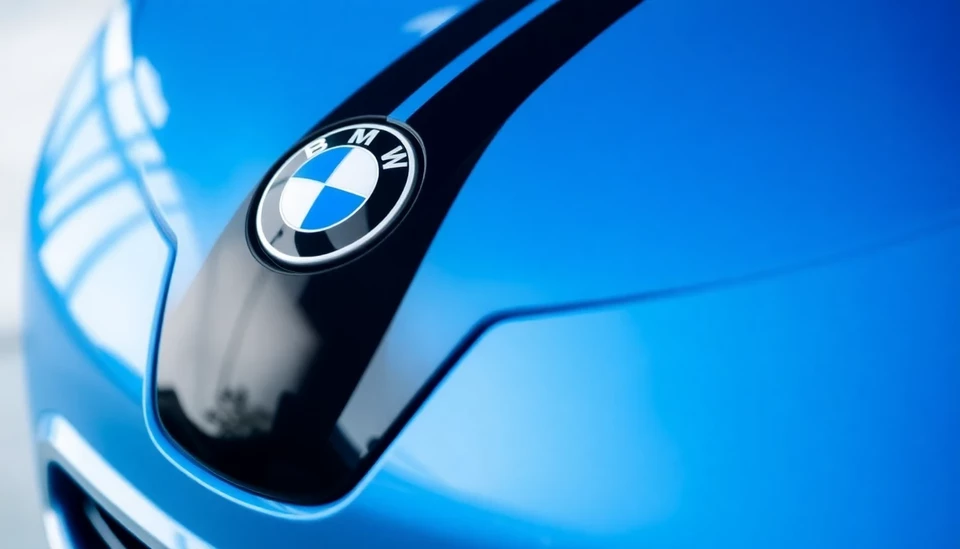
In a significant development within the European automotive industry, German car manufacturer BMW has asked its home country to oppose proposed tariffs by the European Union on electric vehicles imported from China. The company further stated that such tariffs can be disruptive for the business dynamics that exist between the EU and China, thus posing a deterrent to the auto sector and eventually affecting the end consumers.
The Commission might also impose duties on Chinese-built electric cars, citing trade distortion through state subsidies that accord producers there an unfair competitive advantage over their European rivals. This could form part of a wider program to protect the EU's domestic sector from unfair competition and ensure that local producers get support.
He also warned that the loss of existing trade harmony between Germany and China should not occur. Oliver Zipse, chief executive officer of BMW, noted that further tension in trade will only attract countermeasures, denting the global supply chains and market dynamics in the automobile industry. According to Zipse, highly advanced production in China and considerable investments in new energy vehicles are among the major reasons why European carmakers like BMW have close business ties with Chinese suppliers and manufacturers.
That is a position highlighted by BMW on the tightrope walk that European policymakers must navigate: on the one hand, policymakers seek to create a competitive market for native EV manufacturers, while on the other, they need to keep strategic economic ties with China for global automotive and battery supply chains.
The tariffs also risk increasing prices for consumers in the EU, as manufacturers would most likely pass the costs on to them. That is a worrisome prospect-especially for BMW, which has been investing heavily in a broader lineup of electric vehicles to meet not only growing consumer demand but also strict EU emissions standards.
Supporters maintain that the tariffs will level the playing field and establish a competition arena in which European manufacturers will have an equal opportunity to compete against the heavy subsidies handed out to Chinese companies. Critics, like BMW, say this may be interpreted as protectionism and it will lead China to retaliate, pushing the conflict up to a full-scale trade war that will damage the world economy.
A debate on the imposition of these tariffs is apropos, especially at this sensitive period when the EU is trying by all means to transition to cleaner sources of energy and reducing the carbon footprint. The automotive sector serves as an important focal point in the transitioning economy, with huge amounts being invested in developing new and innovative electric and hybrid vehicles. How the EU addresses the challenge of maintaining fair competition while fostering international cooperation will have lasting impacts on the sector's future.
BMW's appeal to Germany to reject the tariff recommendation reflects an industry-wide concern about the potential negative consequences. The policymakers are now taking part in some really tricky decisions that might affect the sensitive economic and industrial balance between Europe and China.
As this story continues to develop, the stakeholders and onlookers alike within the automotive sector-as well as in the larger business world-will be paying close attention to the EU's next moves.
#Cars #Germany #EU #China #Tariffs #ElectricVehicles #BMW #TradeRelations #EVIndustry
Author: Samuel Brooks

